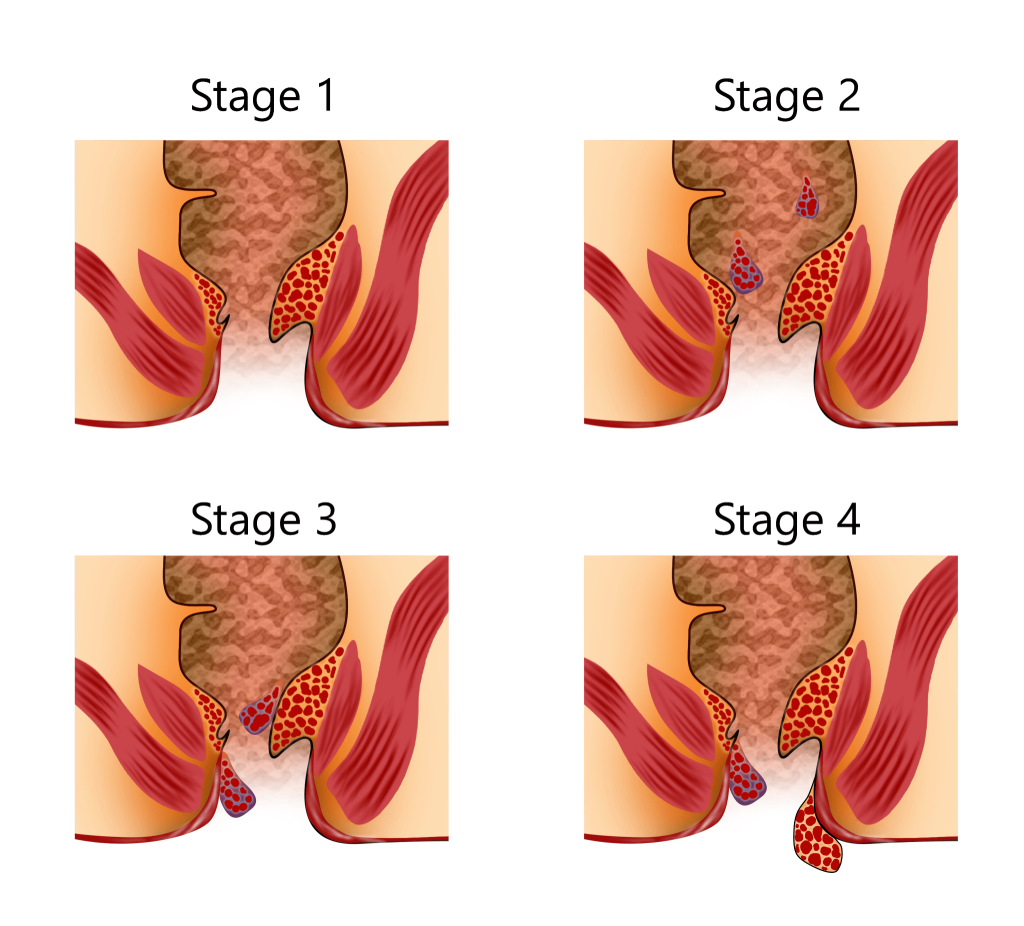Cough and Its Home Remedies
A cough is a reflex action to clear your airways of mucus, irritants, or foreign particles. It can be classified as acute (lasting less than three weeks), subacute (lasting three to eight weeks), or chronic (lasting more than eight weeks).
### Common Causes of Cough
1. **Infections**:
- **Viral infections** like the common cold or flu.
- **Bacterial infections** such as pneumonia or whooping cough.
2. **Chronic Lung Diseases**:
- **Asthma**.
- **Chronic obstructive pulmonary disease (COPD)**.
3. **Gastroesophageal Reflux Disease (GERD)**:
- Stomach acid entering the esophagus can cause a chronic cough.
4. **Allergies and Postnasal Drip**:
- Allergens can trigger a cough, often due to postnasal drip where mucus drips down the throat.
5. **Smoking**:
- Tobacco smoke irritates the airways.
6. **Environmental Irritants**:
- Pollution, dust, and chemicals.
7. **Medications**:
- Certain medications like ACE inhibitors used for hypertension can cause a cough.
### Home Remedies for Cough
1. **Stay Hydrated**:
- Drink plenty of fluids like water, herbal teas, and broths to thin mucus.
2. **Honey**:
- Take a spoonful of honey or mix it in warm water or tea to soothe the throat.
3. **Steam Inhalation**:
- Inhale steam from a bowl of hot water or take a hot shower to help clear airways.
4. **Saltwater Gargle**:
- Gargle with warm salt water to ease throat irritation.
5. **Ginger**:
- Ginger tea or fresh ginger can have anti-inflammatory and soothing effects.
6. **Thyme**:
- Thyme tea is known to help with respiratory infections and coughs.
7. **Turmeric**:
- Turmeric milk or turmeric tea can reduce inflammation and provide relief.
8. **Peppermint**:
- Peppermint tea or inhaling peppermint steam can open up airways and soothe coughs.
9. **Elevate Your Head**:
- Prop up pillows to keep your head elevated while sleeping to reduce coughing at night.
10. **Humidify the Air**:
- Use a humidifier to add moisture to the air, especially in dry environments.
### When to See a Doctor
- A cough lasting more than three weeks.
- Coughing up blood.
- Difficulty breathing or shortness of breath.
- High fever or chest pain.
- Symptoms of a serious underlying condition like tuberculosis or cancer.
These tips can help manage and alleviate a cough, but it’s important to seek medical advice for persistent or severe symptoms.



























